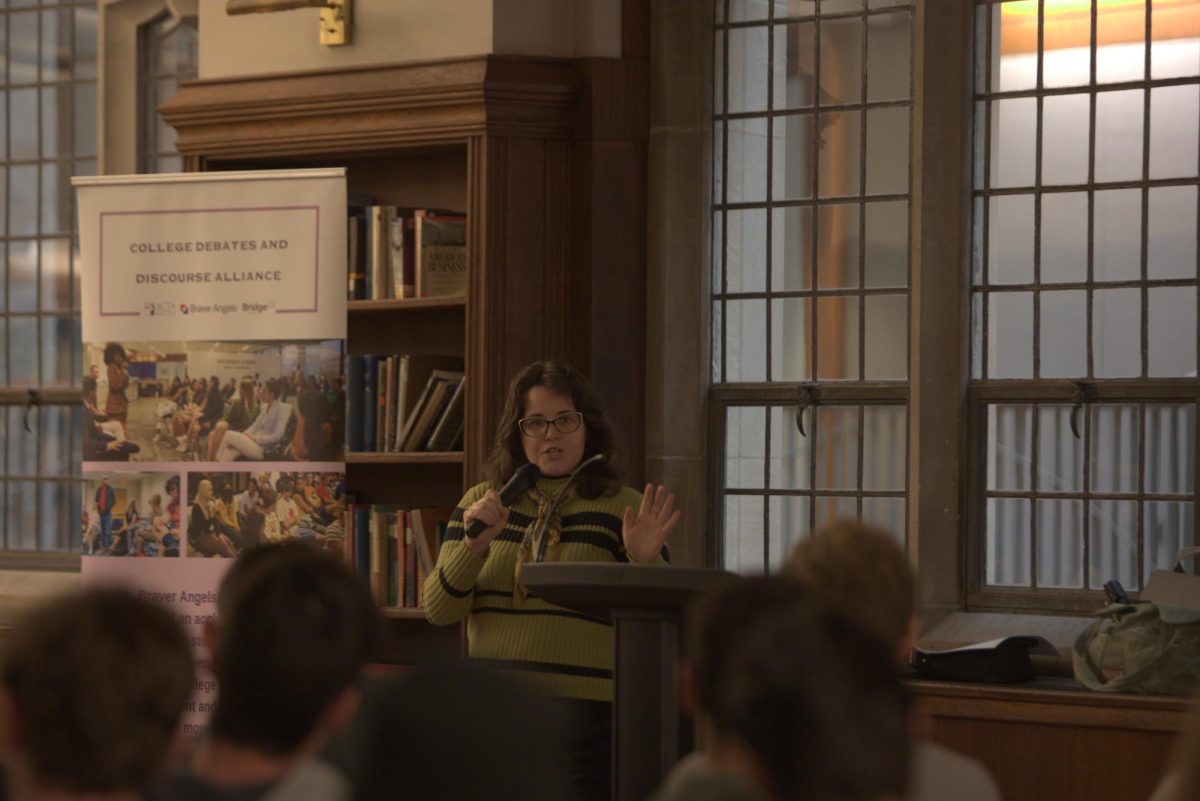University President Rev. William P. Leahy, S.J., released a statement today condemning President Donald Trump’s decision to phase out Deferred Action for Childhood Arrivals (DACA), the Obama-era executive order that offers protections to some undocumented young people in the U.S., including college students. The program will expire in March 2018, and Trump asked Congress to take legislative action on DACA in the next six months.
“The decision to rescind DACA is such a mistake, and so conflicts with our values and heritage as a nation of immigrants,” Leahy wrote. “It is essential that Congress resolve this unfortunate situation as soon as possible.
“In the meantime, Boston College will continue assisting DACA students in its community.”
Adrienne Nusbaum, director of the Office of International Students and Scholars, said her office does not track DACA students. Citing privacy concerns, University Spokesman Jack Dunn said he could not give many specifics about DACA students at BC.
“Boston College has welcomed undocumented students through the DACA program and will continue to support them,” he said in an email. “We fully recognize the many contributions they make to the BC community.”
Harvard University enrolls 65 undocumented students, according to The Harvard Crimson. BC would not disclose a specific count to The Heights.
The Division of Student Affairs has previously laid out several ways it will support international and undocumented students, including maintaining the confidentiality of all students’ personal records, in accordance with the Family Educational Right to Privacy Act (FERPA), unless required to provide such information by a warrant. BC will also require law enforcement agencies to give prior notification before conducting investigations on campus, according to the document.
This is the second time Leahy has publicly defended DACA in the past year, signing on to two statements last November encouraging the incoming Trump administration to continue the program. He and other senior leadership also condemned the “travel ban” put in effect by the Trump administration in January.
Occasionally criticized by some students in the past for appearing to not publicly comment on hot-button political issues, Leahy had strong words at University Convocation for the violence of white supremacists in Charlottesville last month.
“Since last year’s presidential election, it has become even more difficult to have respectful dialogue about such issues as immigration, race, sexuality, free speech, and religious beliefs,” he said to faculty and staff. “The recent march in Charlottesville by white supremacists, so alarming, reprehensible, and in conflict with American ideals and values, spotlighted extremist views in our country and shows how quickly a small, fringe group can provoke violence and endanger the common good.”
This story has been updated.
Feature Image Courtesy of University Communications


















